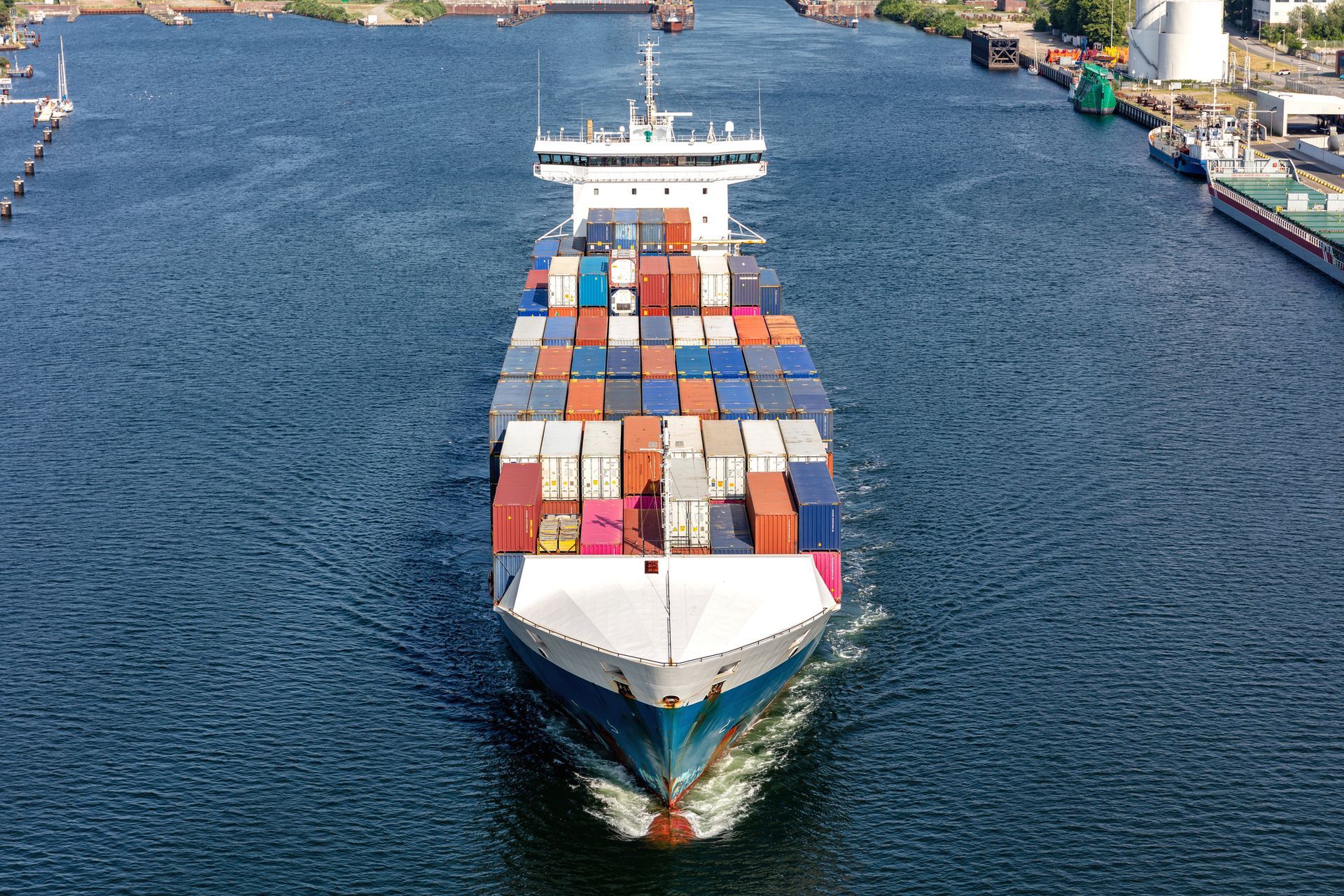
Maritime trade plays a vital role in the global economy, facilitating the transportation of goods between countries and continents.
In this article, we will explore the ten largest ports in the world based on cargo handling and infrastructure. Understanding the significance of these ports helps freight forwarders and customs brokers optimize their operations and select the best routes for their logistical needs.
Global Port Structure
The global port structure comprises a network of ports varying in size, capacity, and services offered. Major ports like Shanghai and Singapore boast advanced infrastructure that enables the efficient handling of millions of TEUs (Twenty-foot Equivalent Units).
These ports serve as global hubs, connecting markets and facilitating international trade flows. Continuous modernization and the adoption of cutting-edge technologies are essential for maintaining the competitiveness of these ports.
Ports perform critical functions such as loading and unloading goods, temporary storage, and facilitating customs operations.
The operational efficiency of a port directly impacts transit times and logistical costs, making the selection of well-equipped and strategically located ports crucial.
What is the largest port in the world?
Currently, the Port of Shanghai in China is the largest port in the world in terms of container throughput. Located in the city of Shanghai, this deep-water port also features a river port, enabling seamless integration between different transportation modes.
In 2019, the Port of Shanghai handled 43 million TEUs, maintaining its leading position for over two decades.
The port's efficiency is attributed to its modern facilities, effective management, and strategic location on China's eastern coast. These factors allow the port to manage vast cargo volumes and serve as a crucial point in the global trade network.
Top 10 Ports in the World
Among the largest ports in the world are:
- Port of Shanghai, China: The largest container port, critical for global trade.
- Port of Singapore, Singapore: The second busiest, renowned for efficiency and its role as a transshipment hub.
- Port of Ningbo-Zhoushan, China: One of the fastest-growing ports, vital in China's trade network.
- Port of Shenzhen, China: Composed of smaller ports, essential for Guangdong Province.
- Port of Guangzhou, China: Connects over 300 ports in 80 countries, emphasizing global connectivity.
- Port of Busan, South Korea: South Korea's largest port, crucial for trade with Japan and other Asian regions.
- Port of Qingdao, China: Notable for its rapid TEU growth in recent years.
- Port of Hong Kong, China: A significant port despite recent declines in cargo movement.
- Port of Tianjin, China: The largest port in northern China, key for trade with Beijing.
- Port of Rotterdam, Netherlands: Europe's largest port and a crucial entry point for European trade.
Port of Santos: Brazil's Leading Port
The Port of Santos is Latin America's largest port complex and Brazil's most important port. Located in São Paulo state, spanning the municipalities of Santos, Guarujá, and Cubatão, it plays a vital role in Brazilian foreign trade.
In 2019, the Port of Santos handled over 4 million TEUs, marking a 1% increase compared to the previous year.
This port is essential for exporting and importing a wide range of products, including agricultural commodities and manufactured goods. Its advanced infrastructure and capacity to handle large cargo volumes make it a crucial logistics hub for Brazil and Latin America.
How to Import and Export to the World's Largest Ports
Maritime transport is an efficient and cost-effective option for importing and exporting goods to the world's largest ports. To use this mode of transport, it's essential to understand the logistical and customs processes involved.
The choice of the destination port should consider factors such as infrastructure, connectivity with other transport modes, and operational efficiency.
Freight forwarders and customs brokers play a key role in coordinating these operations, ensuring that goods are transported efficiently and economically. Services like cargo consolidation, storage, and customs clearance are critical for the success of international logistics operations.
LCL: The Most Cost-Effective Way to Ship to Major Ports Worldwide
Knowing the largest ports in the world and understanding their capacities and functions is essential for freight forwarders and customs brokers. Choosing the right port can significantly impact costs and the efficiency of logistics operations.
The Port of Shanghai leads the global ranking, followed closely by other Asian ports, while the Port of Santos stands out in Latin America. Maritime transport remains a vital option for international trade, enabling the economical and efficient movement of goods.
LCL (Less than Container Load) is the most cost-effective way to transport goods by sea to major ports worldwide. This method allows small and medium-sized businesses to share container space, paying only for the portion occupied, significantly reducing transportation costs.
Using LCL can be a strategic advantage to optimize import and export operations, ensuring goods are transported economically and efficiently. Check out our article to learn how to quote LCL freight and enhance your international transportation strategies.
Continue a navegar no blog da Allink

Mantenha-se informado sobre o comércio exterior
Assine nossa newsletter e receba atualizações semanais de forma gratuita sobre o mundo da logística.




